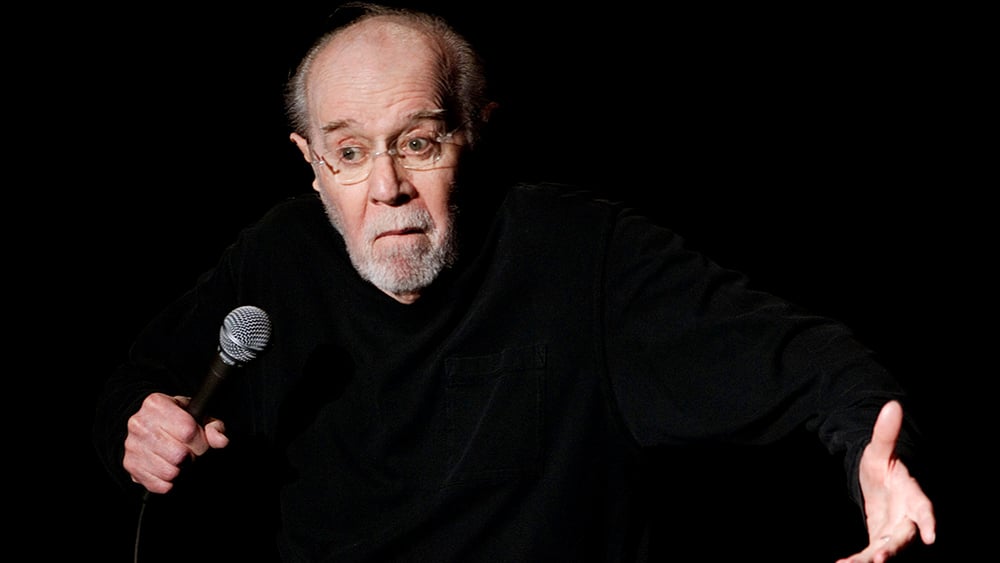George Carlin Estate Files Lawsuit Against Group Behind AI-Generated Stand-Up Special: ‘A Casual Theft of a Great American Artist’s Work’::George Carlin’s estate has filed a lawsuit against the creators behind an AI-generated comedy special featuring a recreation of the comedian’s voice.



Yes, there is legal relevance to whether a reasonable person would interpret the remarks as really being from George Carlin, thus painting him in a false light, and the whole concept of George Carlin riffing on events occurring after his death (plus the disclaimer preceding the video and in the description) is relevant to determining that.
I don’t see how this tracks. Consider your following comment:
Surely that’s a reference to the character factor of fair use, a defense specifically against copyright infringement? It’s not a term used in trademark law as far as I’m aware for example (and “George Carlin” is not a registered trademark anyway).
Were you just referring to, and telling them to google, the broad layperson definition of “transformative”? In which case I think you’ve misunderstood their comment, because I’m pretty sure at the very least they were referring to the fair use factor.
Exactly my point that it is not clear, since it’s exactly Carlin’s likeness. A person who tunes in at a random moment has no idea that this is what it it stated in the beginning and could 100% assume it’s Carlin.
Techbros use “transformative work” as a catch-all for ‘I moved a pixel; it’s transformative!’. Making a standup comedy show from a person doing standup comedy show is using their exact likeness as a basis is not transformative work. You can also google and copy paste the requirements for work to be considered transformative.
You’re now conflating multiple discussion tracks to various comparisons, rough equivalences amd simplifications. I’m sure quoting random shit from our convo will make your point across.
I’m done, I feel like your not discussing this in good faith and just border-line sealioning.
It is incredibly clear. The fact that it would take a person to pause the video before the first three seconds, skip to a random point, ignore that the topic of the standup is events that occurred since his death and being an AI, fail to read the written notices on-screen and in the description, etc. is evidence of this.
I think you’re still getting wires crossed between different domains of IP law in a way that makes your objection meaningless. Transformative nature comes in as a part of a fair use defense specifically to copyright infringement - whereas elements of a person’s likeness, like their face or voice, are not protected by copyright.